Looking after your mental health and wellbeing is important for everyone. There are things we can all do to help support good mental health, including connecting to nature.
We partnered with the Mental Health Foundation to create a guide filled with tips and tools on how all of us can connect with nature and help us thrive.
We can all benefit from the nature around us, from local parks or your nearest river or canal, to window-boxes and even houseplants.
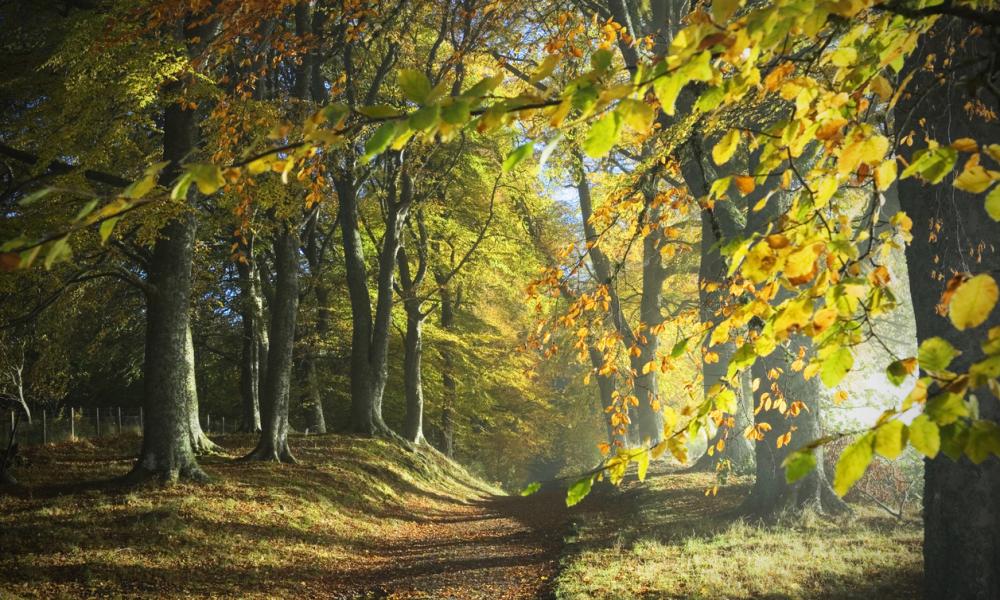
1. Seek out green spaces
1. Seek out green spaces
There is a lot of scientific research exploring the fascinating link between time spent in nature with a reduced risk of mental health problems, improved mood and reduced stress.
Whether you live in the countryside or in the city, nature can be found everywhere. From local parks, gardens, canals, or courtyards, it’s worthwhile seeking out natural spaces near you.
If you’re struggling to find a green area near you, why not try and bring nature to you. You could plant herbs or flowers in your garden, balcony or windowsill, or introduce houseplants into your personal space.
Take a look at our guide on how to make space for nature in your home.
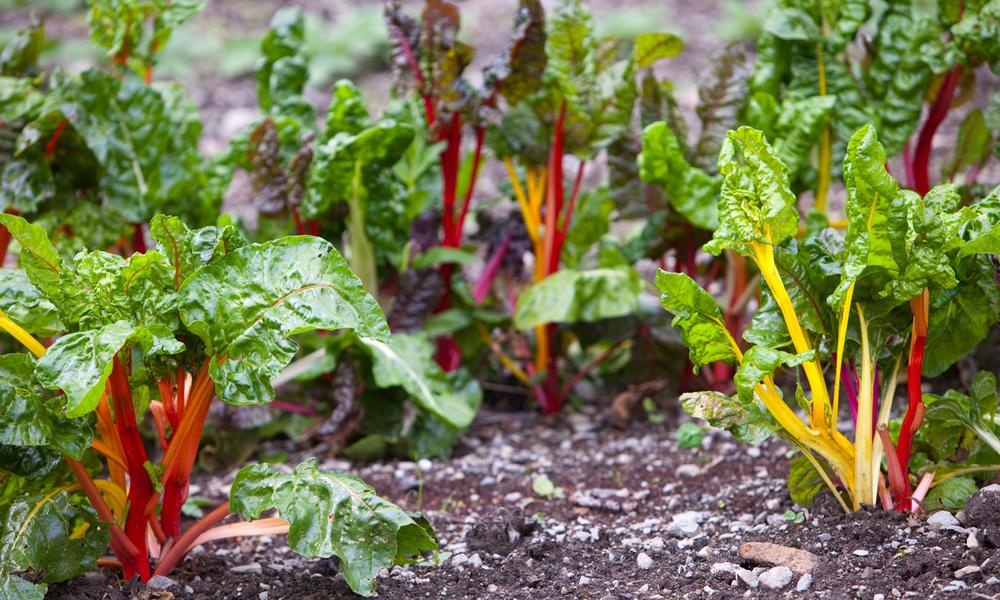
2. Take positive action for nature
2. Take positive action for nature
We know that wildlife in the UK is amazing - but it’s in crisis. This can be really distressing and impact our mental wellbeing. Eco-anxiety comes from a place of caring for our planet, but we also need to look after ourselves too.
One way to help is by taking positive action to bring our world back to life. Join over 30,000 people who are demanding that our leaders stop the destruction of nature – or find another way of taking action on our campaign hub.
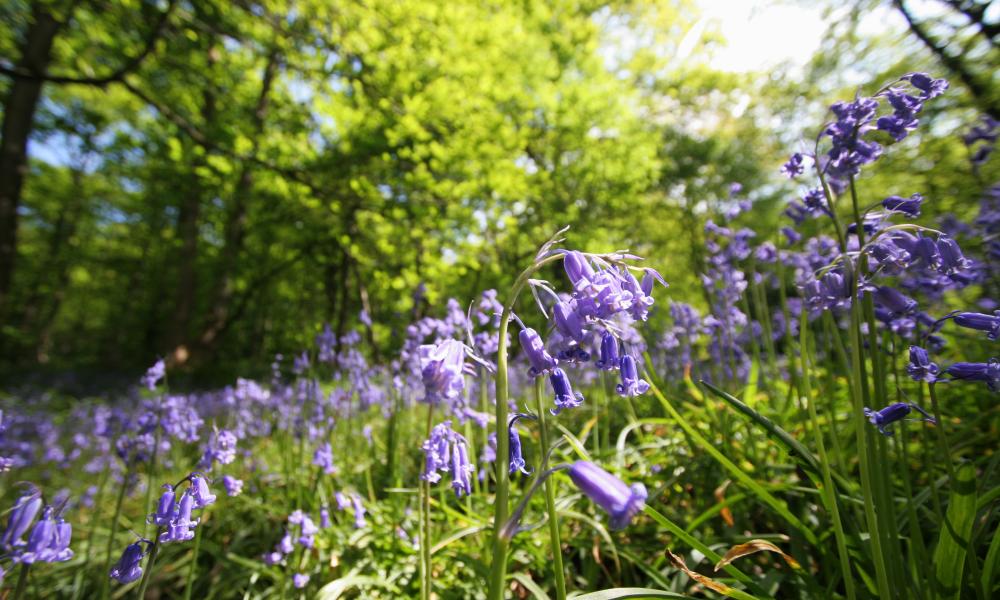
3. Relaxation and mindfulness
3. Relaxation and mindfulness
Taking time to reflect in natural surroundings can be really positive for your mental health and wellbeing. Shinrin-yoku is a Japanese phenomenon, also known as forest bathing. It’s all about spending time in a forest or woodland engaging your senses, which can help to ease negative feelings and boost positive ones.
If you’re not sure how to practice mindfulness, here’s a good place to start:
- Take your time to be aware of how you’re feeling and your surroundings.
- Think about what you can hear, smell, touch and see.
- Focus on what you’re doing in that moment, try to let other thoughts drift away.

4. Interacting with nature
4. Interacting with nature
Being around animals and wildlife can be beneficial for overall wellbeing. Even from your own home, look outside your window and see if you can spot any birds in the sky. If you can’t see them, listen for them instead. The more often you look, the more you will see!
Gardening can also have huge benefits, with studies having found that gardening can improve mood, increase quality of life, and overall wellbeing.
Planting and growing your own fruit and vegetables also has environmental benefits, from significantly reducing food miles, eating more seasonally and knowing exactly where your food comes from.
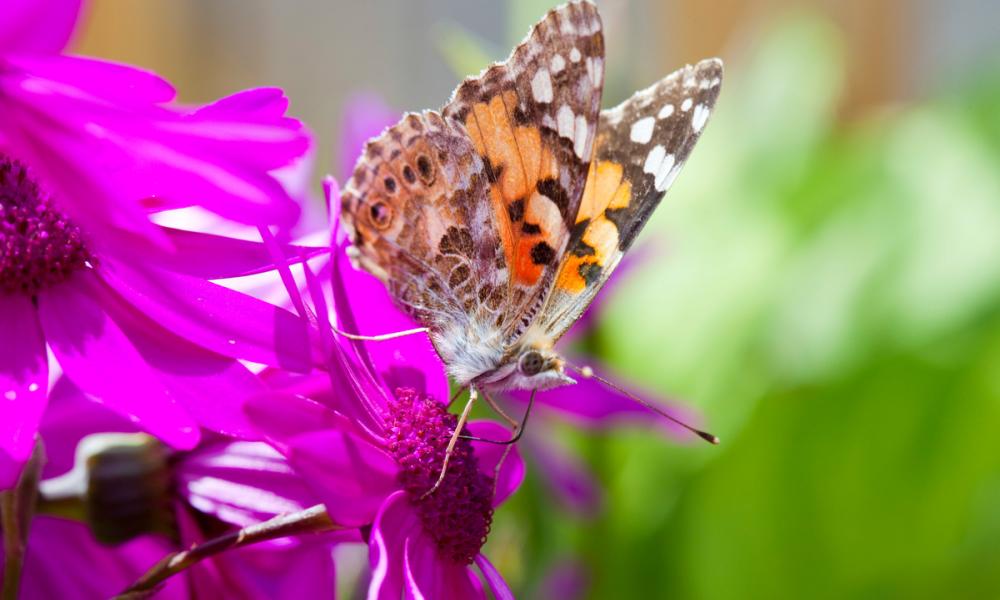
5. Wild inspiration
5. Wild inspiration
Nature can be great inspiration to get creative. This can be through painting, drawing, crafting something, photography or writing – the possibilities are endless.
If you want some ideas, join our ‘Learn to Love Nature’ Facebook group, where we regularly hold workshops and live craft classes.
If you’re looking for real-world inspiration of how passionate people across the UK who are working to bring nature back from the brink, then watch the Saving Our Wild Isles documentary, commissioned by WWF, the RSPB and the National Trust.
Further Support
While interacting with nature can offer real benefits to our mental health and wellbeing, any of us may go through periods where we need support.
The Mental Health Foundation provide a list of services and other organisations that offer help and support directly to people with mental health problems, as well as tips for looking after your mental health.
If you are concerned that you are developing a mental health problem you should seek the advice and support of your GP as a matter of priority. If you are in distress and need immediate help and are unable to see a GP, you should visit your local A&E.
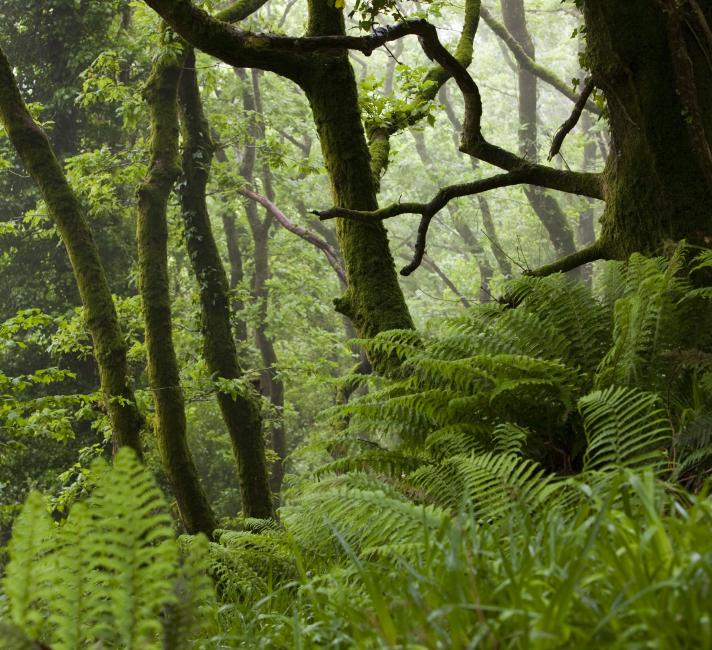
 Learn to love nature
Learn to love nature
 Things to do at home
Things to do at home
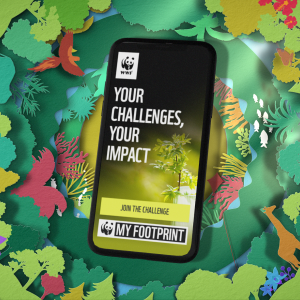 Download WWF's My Footprint app
Download WWF's My Footprint app
 Fascinating facts about animals
Fascinating facts about animals